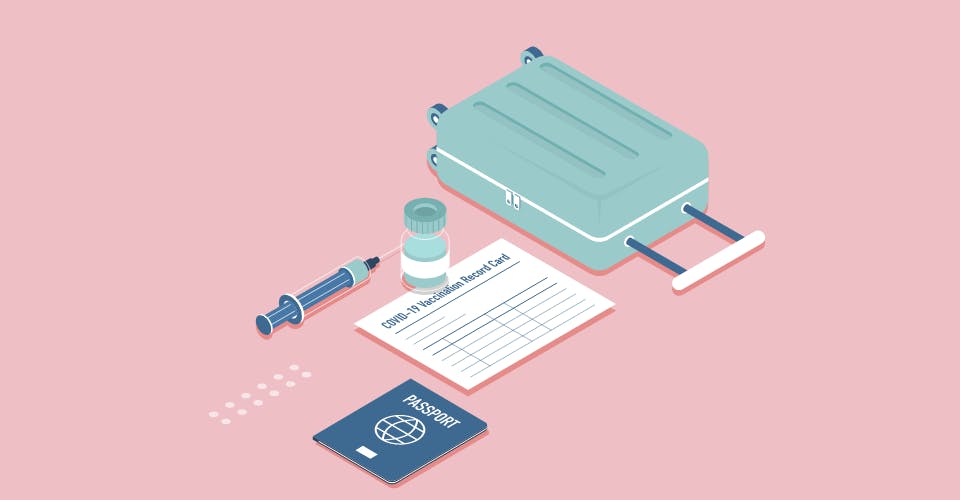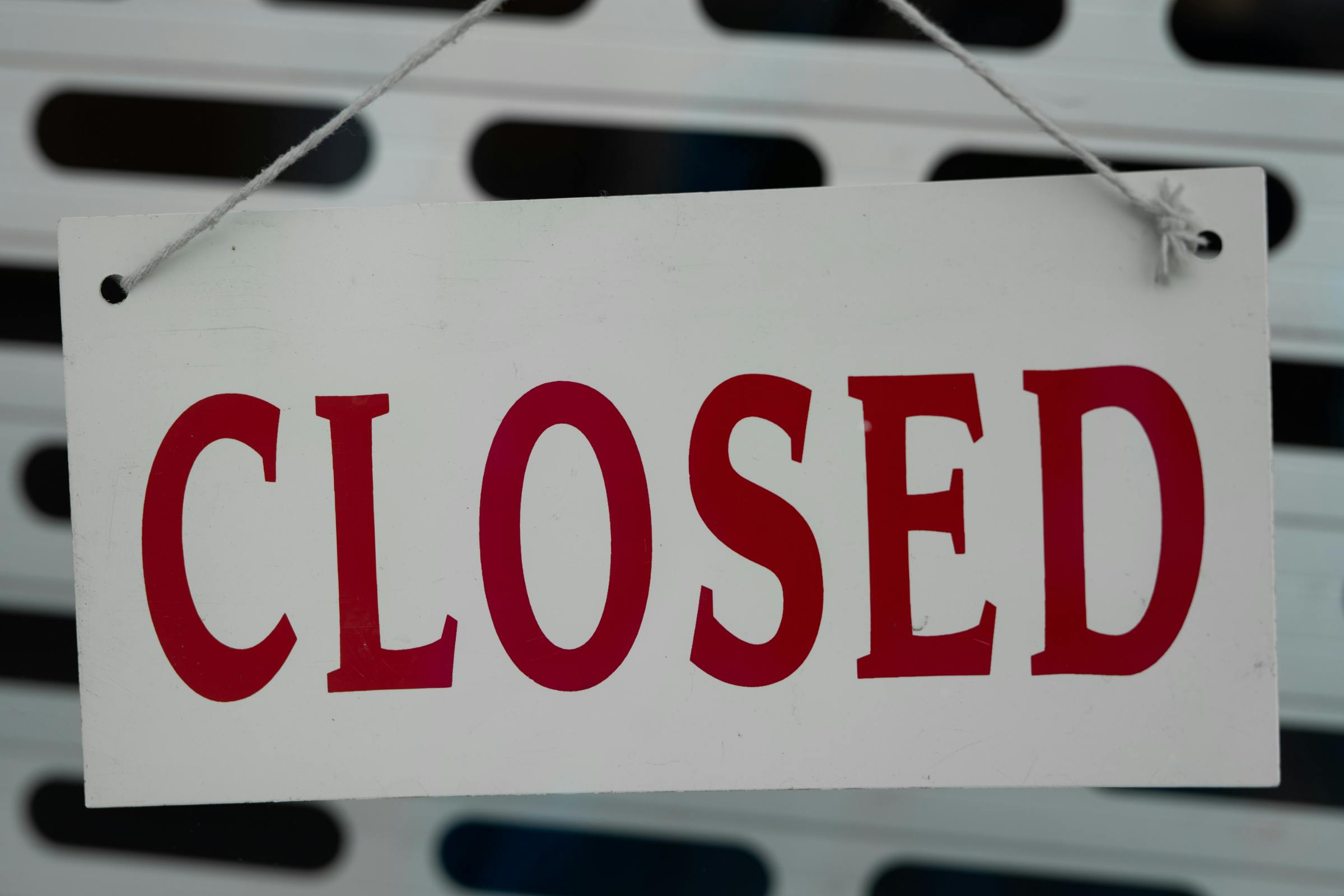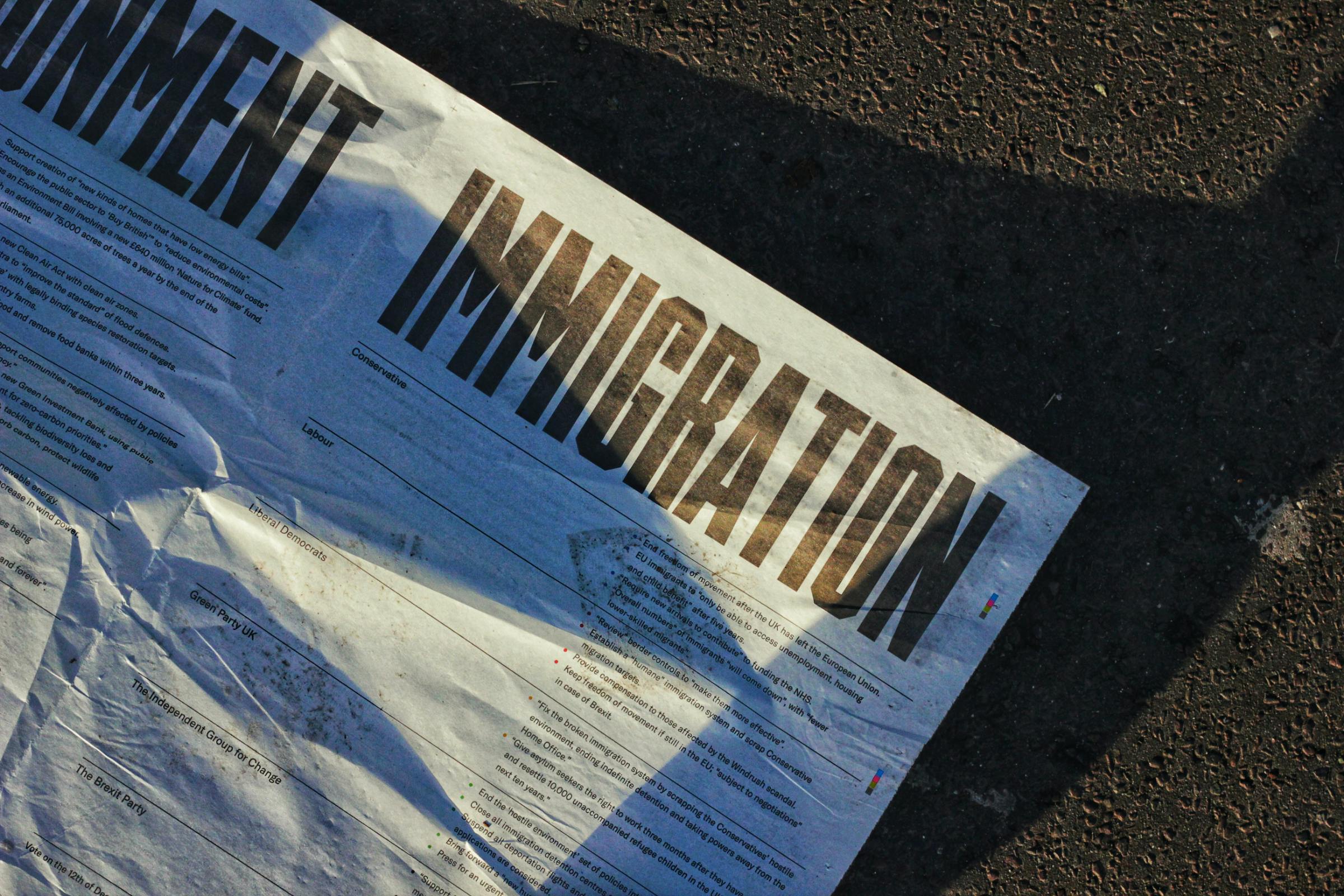According to MayoClinic, a leading non-profit organization dedicated to clinical practice, research, and education in America, approximately 56 percent of U.S. citizens have received both doses of the coronavirus vaccine as of this week.[1] Getting vaccinated is now a central effort in curbing the spread of the virus and part of the American vision to “build back better” after the pandemic exposed so many weaknesses and vulnerabilities with American society over the past fiscal year.
As part of this effort to curb the spread, the State Department has also made an explicit policy change that involves immigrants as well as dependent family members who might be applying for a green card in the United States. The official announcement was made earlier in the year, however starting October 1st, all immigrants who are in lieu of a green card interview, or visa appointment at a U.S. consulate abroad need to be fully vaccinated. In other words, this applies to those who are going through consular processing and interviewing at a U.S. consulate abroad, as well as green card applicants already residing in the United States. For more information on the differences between domestic vs. international immigration procedures, please see our link at the bottom of the Visa2us page.
Background
Specifically, the State Department issued a new memo last week stating that “the CDC Technical Instructions for panel physicians will require all immigrant visa applicants all K-fiancé visa applicants, and non-immigrant visa applicants to receive a full Covid-19 vaccine series as part of their medical exam prior to being issued a visa.”[2]
This is news because prior to this announcement, the only Covid-19 vaccination request that was being made amongst immigrants had to do with those who were going to see a panel physician in the U.S. prior to their green card interview. While the vaccine is readily available in the United States, and immigrants who present a valid ID, documentation, or receipt of their legal status in the U.S. can get a free vaccine from CVS, Walgreens, or even smaller independent pharmacies, vaccine readiness in other developing countries is still a long way from being 100 percent available to the public.
Vaccine Exemptions
The United States is in general taking vaccinations pretty seriously, with some companies mandating that employees be vaccinated before they go back to the office, as well as school districts mandating that teachers be vaccinated before stepping foot in the classroom. Therefore with the current momentum it is unlikely that immigrants applying for an adjustment of status in the U.S. will be able to get around the Covid-19 vaccine requirement, even if they have a religious concern. For those who try and opt out of this requirement will most likely not receive a signature on their I-693 Medical Exam form they need to present to the USCIS. Therefore if you are in the U.S. as an immigrant, you should know that there are only very rare conditions for being exempt from the Covid-19 immigration mandate.
However for consular processing applicants from countries where vaccine readiness, or accessibility is an issue, consular officers might be more lenient, and waive the current visa processing rule and prescribe that visa applicants get their Covid-19 vaccine within the first 30 days of being in the United States commensurate of their approval.
However, in order to be exempt from this medical requirement, the applicant needs to be a citizen of a country where getting a vaccine is difficult or where the vaccine is not age appropriated yet. According to the NYTimes Coronavirus tracker, only 34 percent of citizens from Colombia are fully vaccinated, while pockets of Central America have some of the lowest vaccination rates across the world. In addition, African countries have very low vaccination rates, even for the first dose, while the only outlier on the continent is Morocco, where 53 percent of the population have been fully vaccinated. Countries like Zambia, Tanzania, and Ethiopia have between 1-2 percent of their populations fully vaccinated.[3]
Therefore if you are filling out your DS-160 immigrant application online, and know it will be very difficult to get vaccinated before your visa appointment based on your nationality, you may be eligible for a waiver from a consular official.














